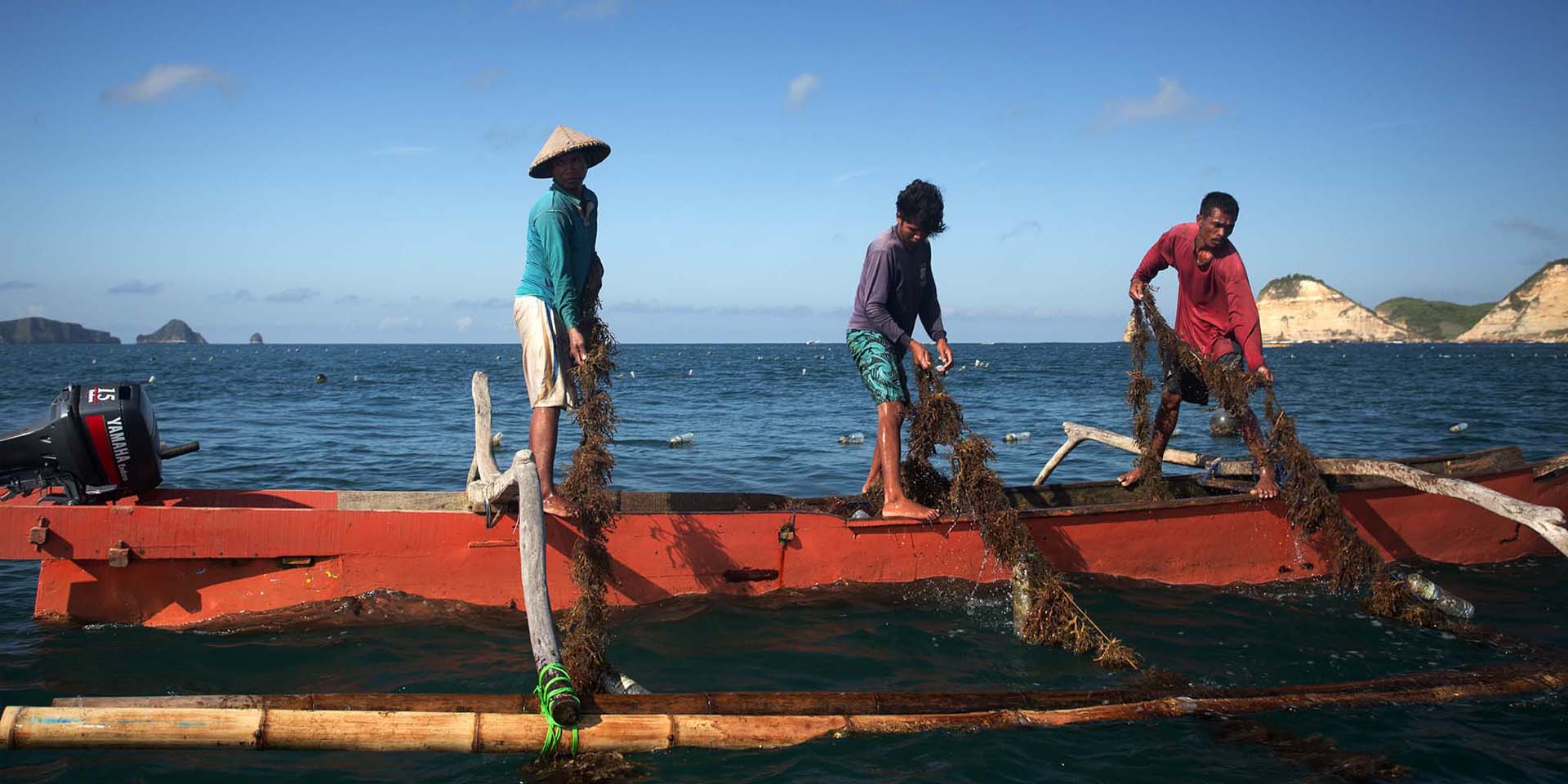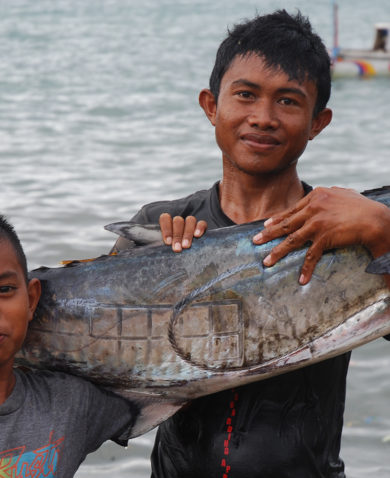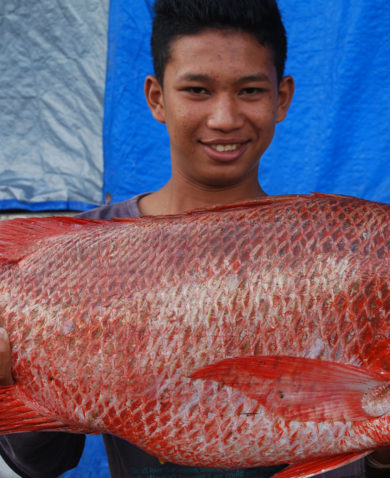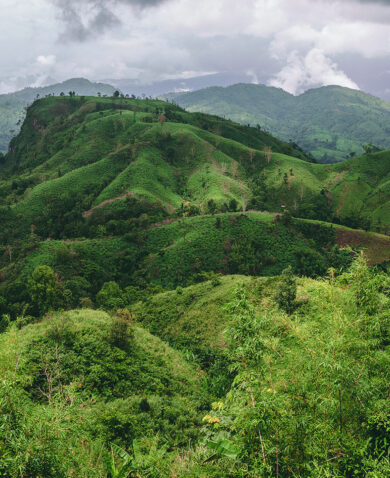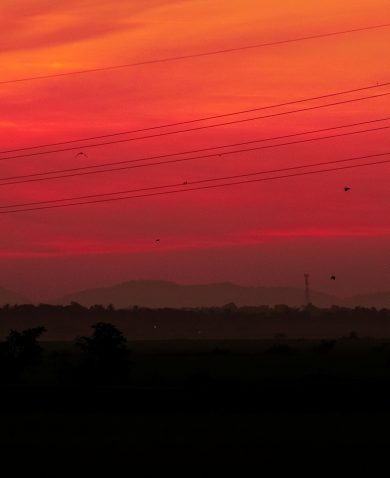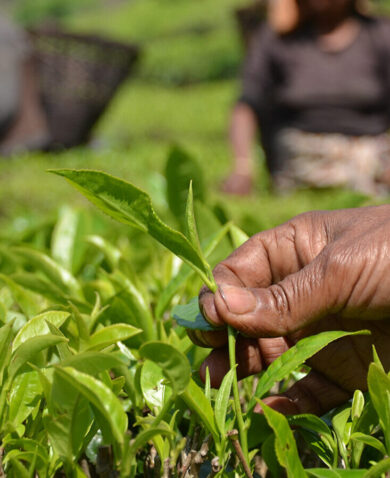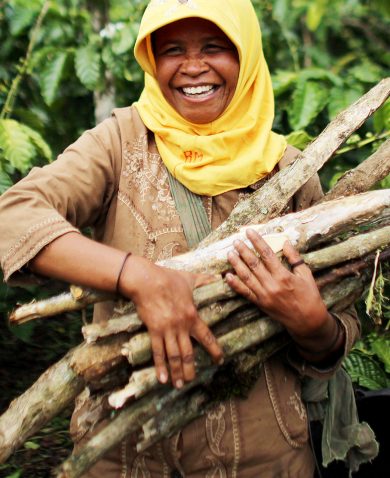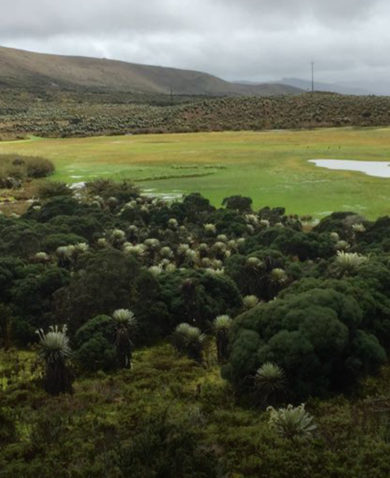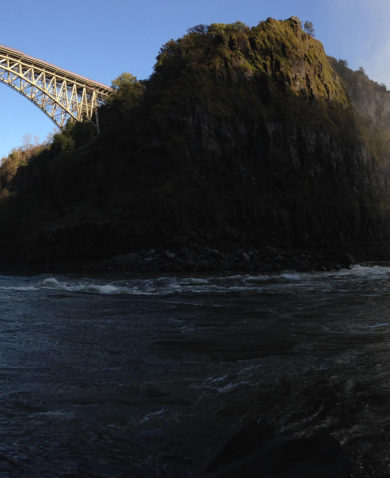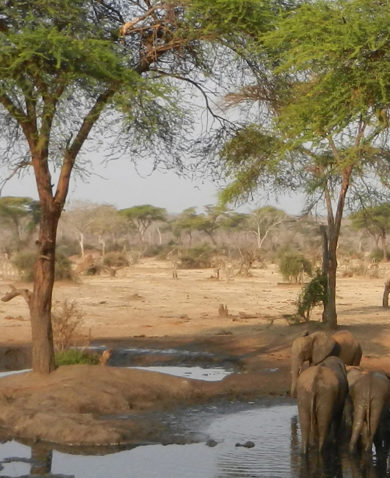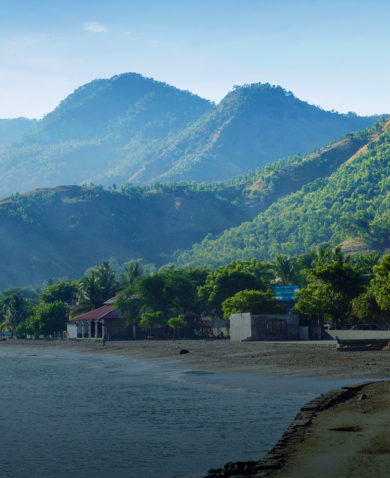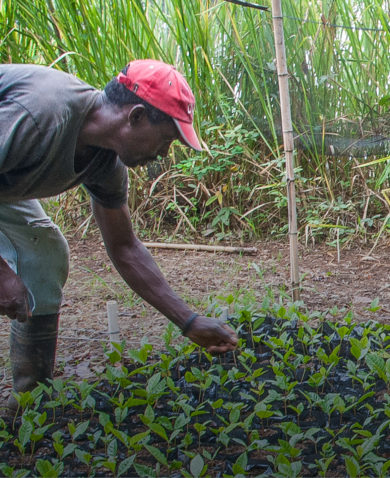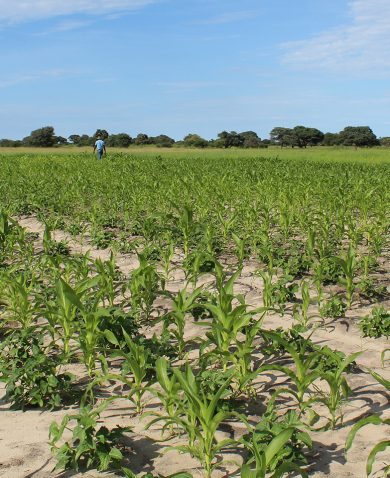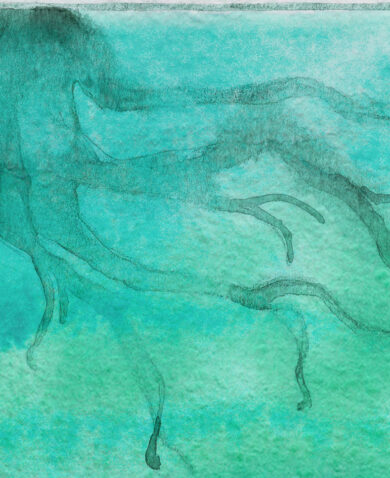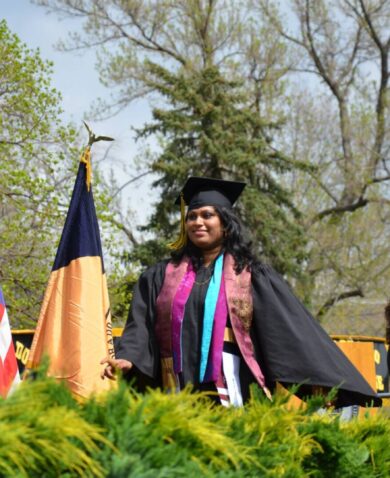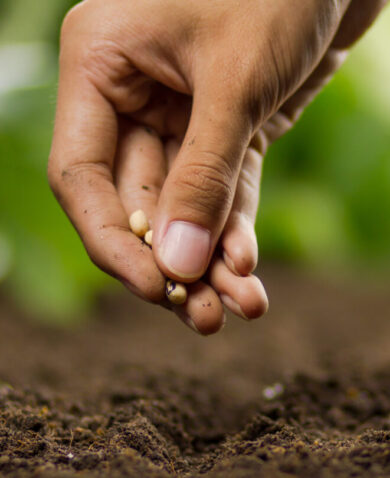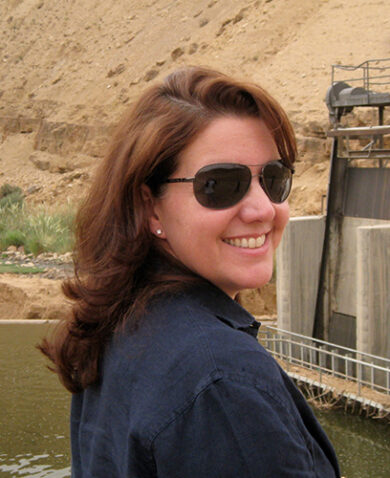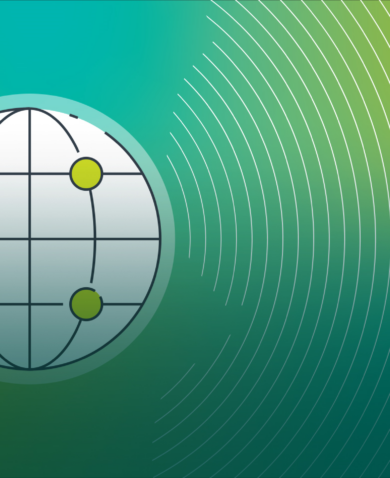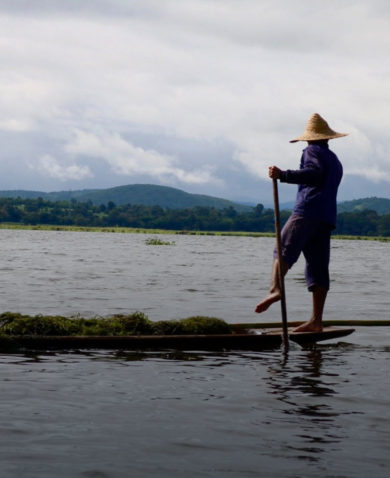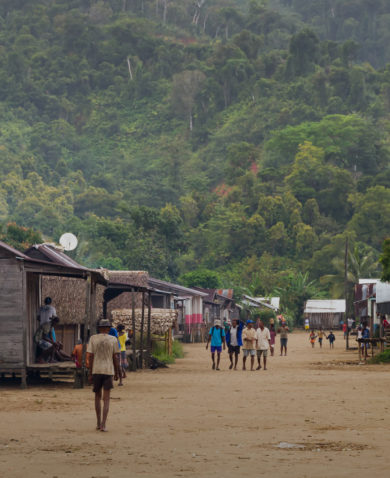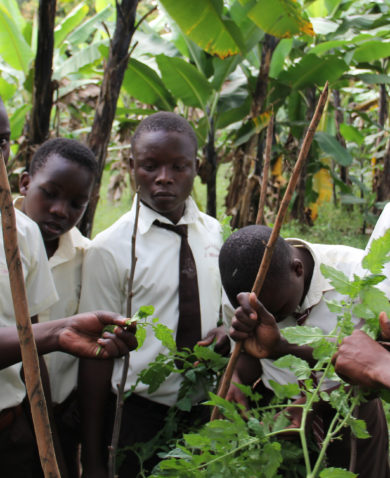Indonesia Marine and Climate Support Project
Indonesia’s archipelago contains almost 20 percent of the world’s coral reefs. Because these reefs house 90 percent of the fish caught by coastal fishers, they are vital to the maintenance of millions of the country’s jobs. However, unsustainable and destructive fishing practices have made fisheries in Indonesia less productive, resilient, and sustainable, threatening the national economy. The USAID Indonesia Marine and Climate Support (IMACS) project advanced the government’s efforts to address destructive practices and improved coastal communities’ responses to natural disasters and climate change. The project strengthened the capacity of the Ministry of Marine Affairs and Fisheries and introduced new fishing management tools and best practices in coastal communities. IMACS also worked with citizens to assist them with adapting to the changing climate, which has led to bigger storms that keep people from fishing and rising sea levels that force families to leave their homes.

